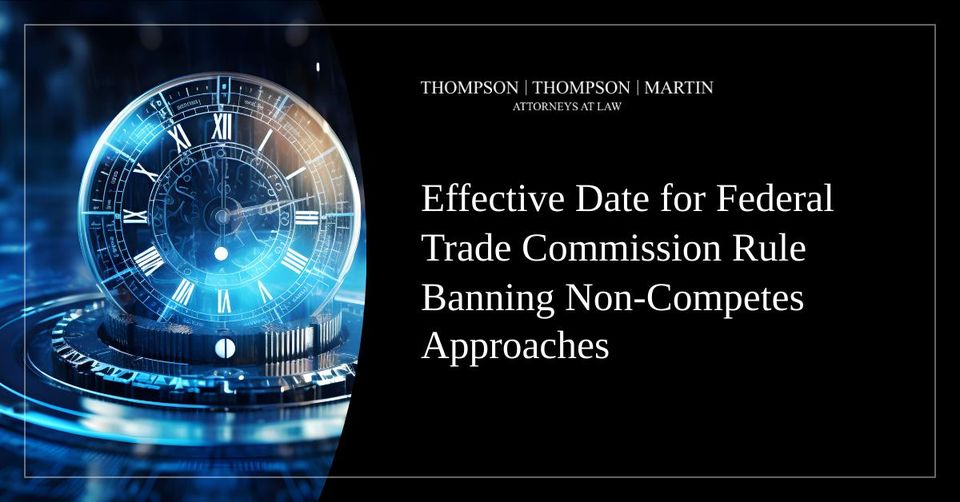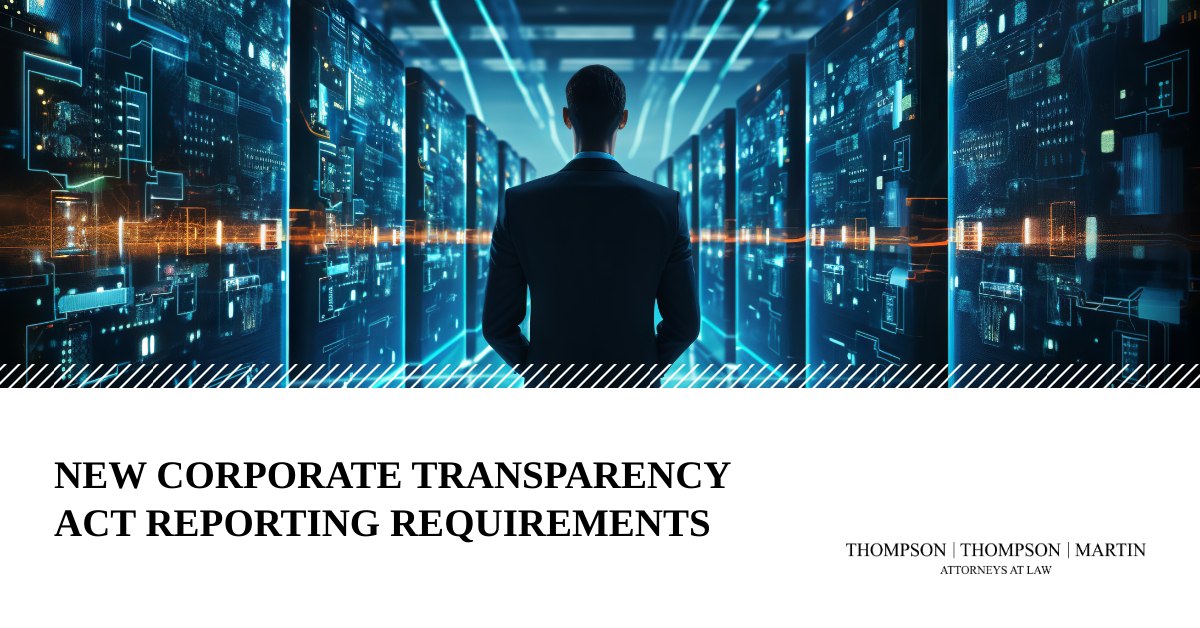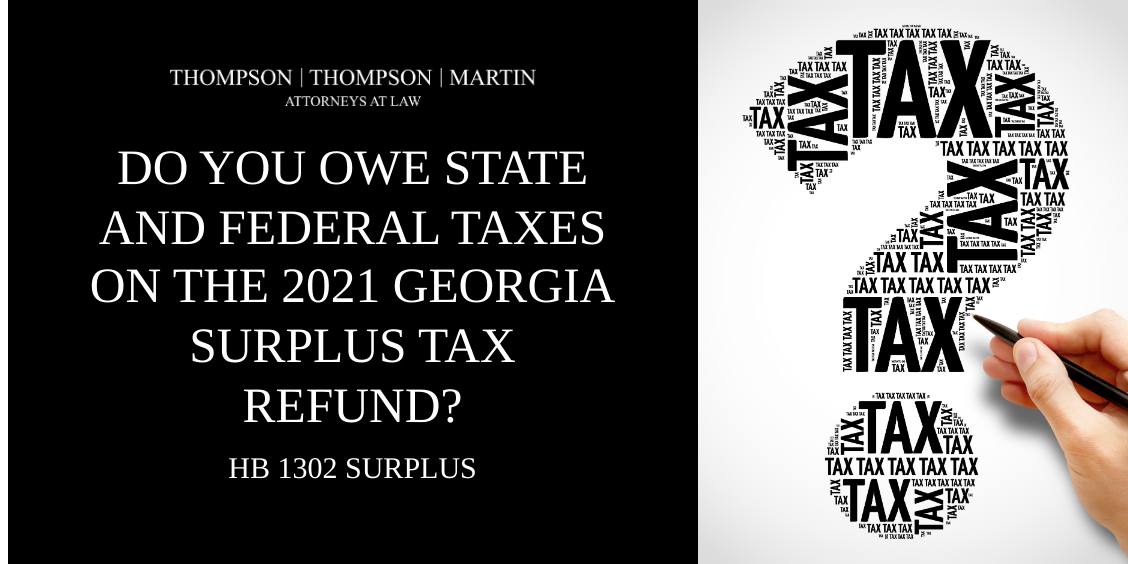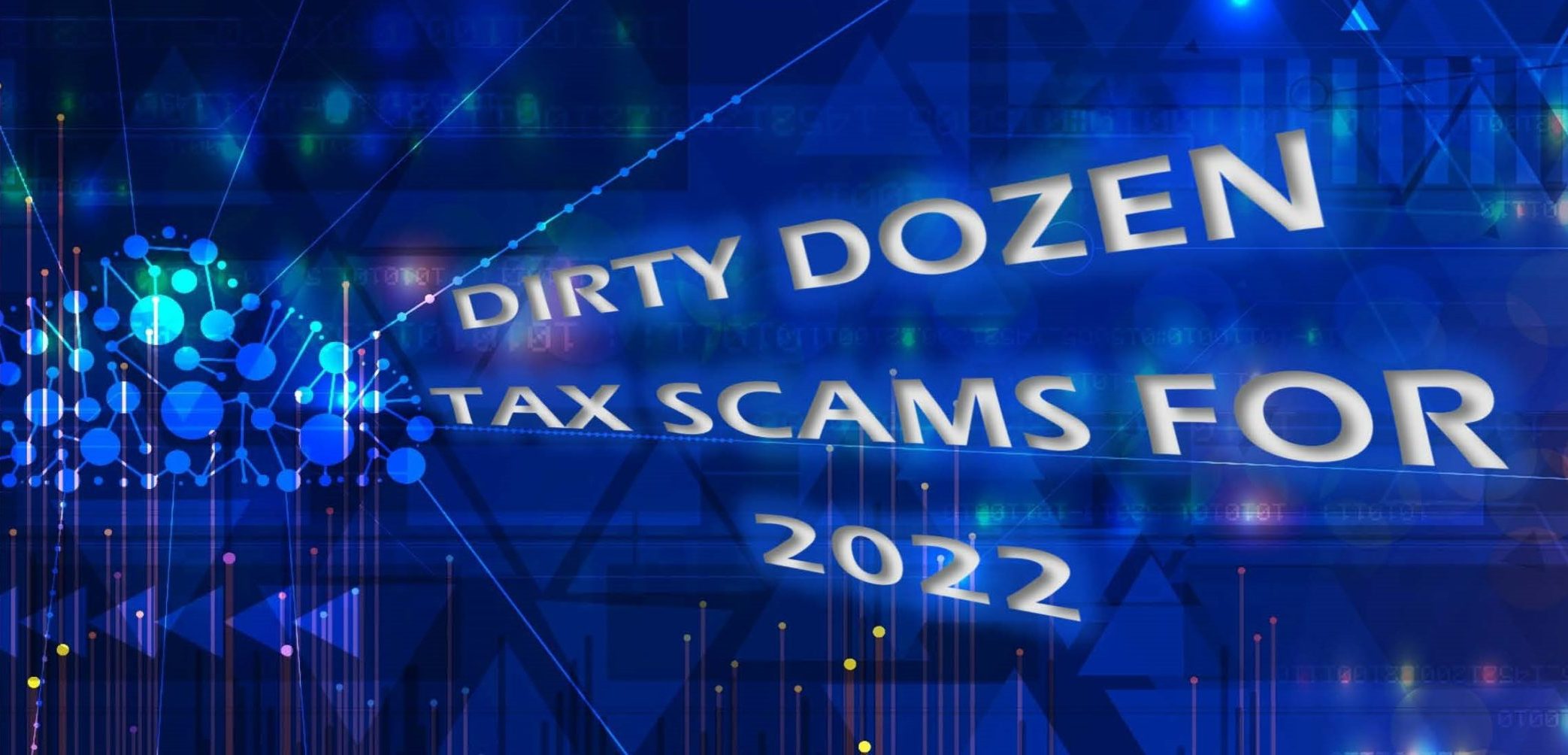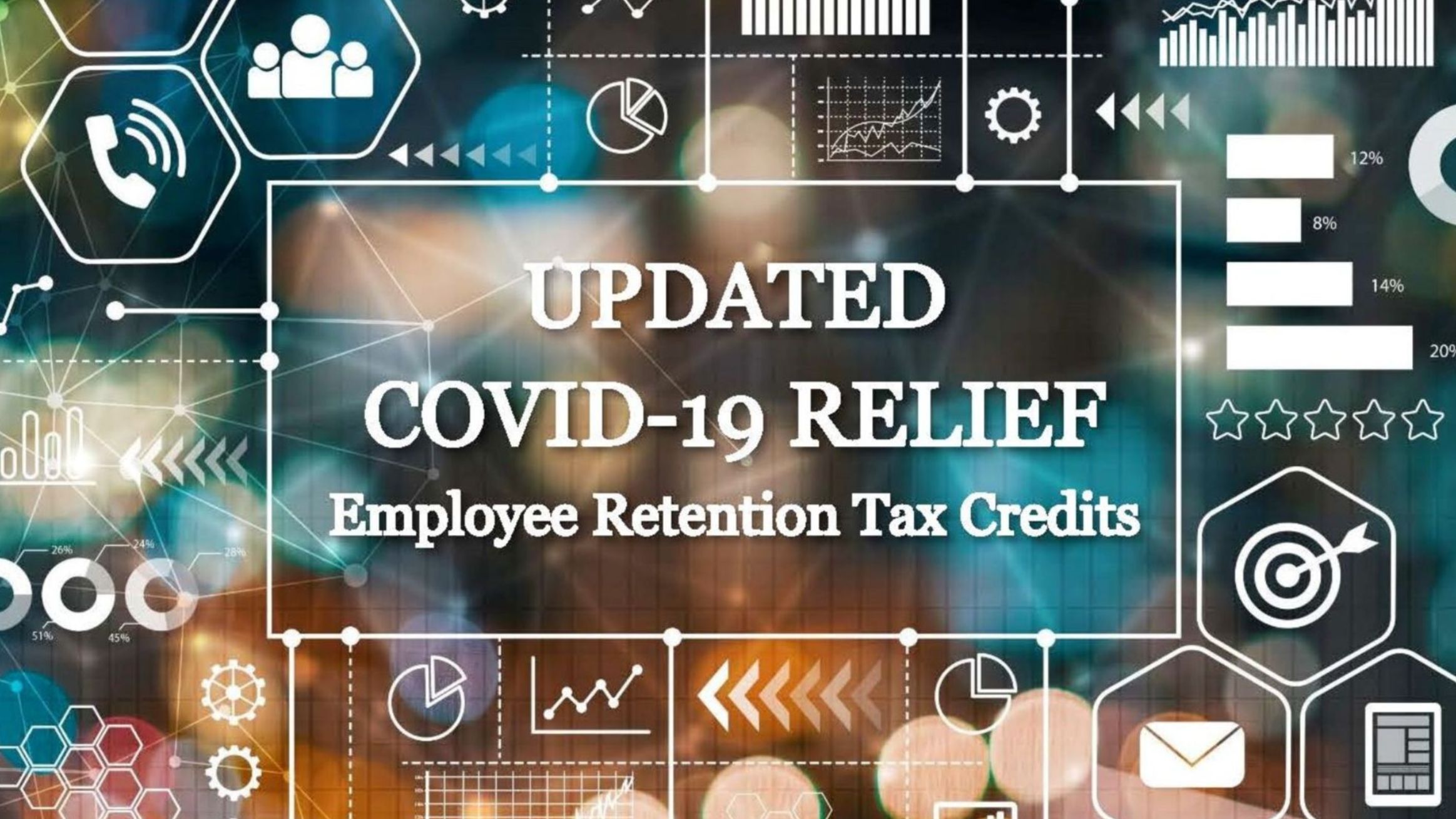BREAKING: Federal Judge Strikes Down FTC Non-Compete Ban
On August 20, 2024, a federal court struck down the FTC’s Rule banning most Non-Compete Agreements. WHAT DID THE COURT DECIDE? The U.S. District Court for the Northern District of Texas granted summary judgment to the plaintiff, Ryan LLC, in its case challenging the FTC’s rule banning most non-compete agreements, holding: that the FTC promulgated




